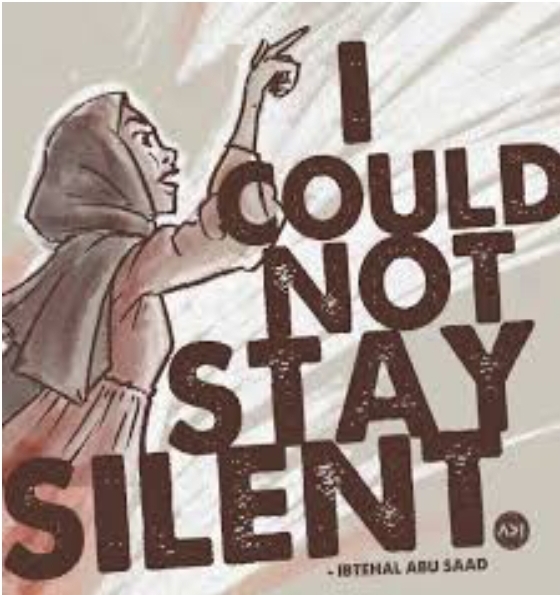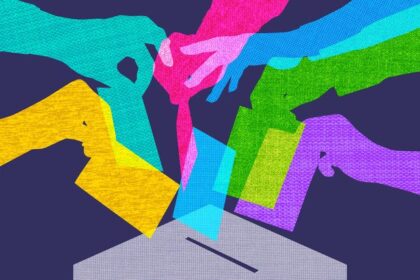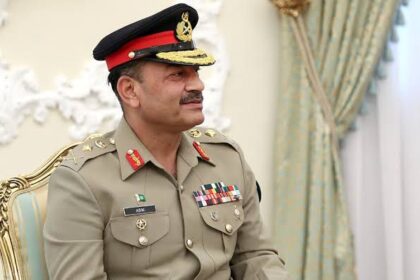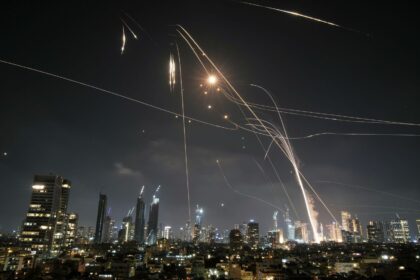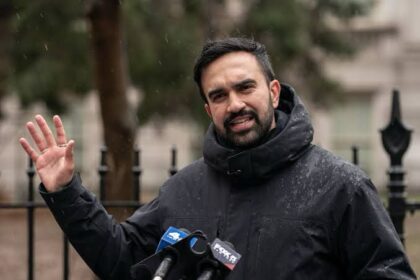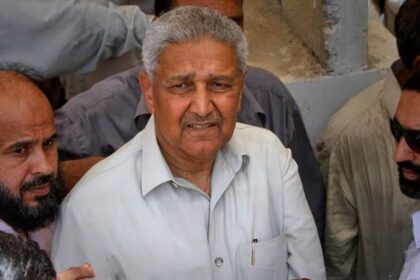The Event
‘Mustafa, shame on you.’
‘You claim that you care about using AI for good, but Microsoft is selling AI weapons to the Israeli military. 50,000 people have died, and Microsoft powers this genocide in our region, Mustafa.’
‘You’re Syrian; you know about this, Mustafa. Shame on you. You’re a war profiteer. Stop using AI for genocide, Mustafa’.
‘You have blood on your hands. All of Microsoft has blood on its hands. How dare you all celebrate when Microsoft is killing children? Shame on you all. Shame on you all.’
These lines echoed through the halls of Microsoft’s 50th anniversary event as Ibtehal Abu Saad, a Moroccan Harvard graduate working as a software engineer in the AI department of Microsoft, halted the speech of Mustafa Suleyman, CEO of AI Microsoft. His response, ‘Thank you, I hear your response. Thank you’.
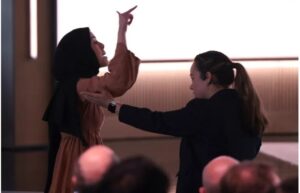 ⁰
⁰
We live in a world that scares us a lot. We are scared to speak our hearts; we are scared of the opposition or the mockery we may get if we speak the truth; we are scared for the ties that would be cut if we stand up for the right side; we are scared of losing our jobs; we are scared of our safety; we are scared of losing the comforts we have so much gotten used to; we are just timid, scared, selfish humans with a cool belief: you only get to live once.
I am one such person. I don’t think of myself as any different, but recently, as I was reading surah Nisa, one ayah got me thinking.
‘And what is it with you? You do not fight in the cause of Allah and for oppressed men, women, and children who cry out, “Our Lord! Deliver us from this land of oppressors! Appoint for us a savior; appoint for us a helper—all by Your grace.” (Ayah 75)
I thought about what Allah is asking me. I don’t want Allah to ask me this again when I am standing before Him and the thousands of children who got martyred because they were born in Gaza. I surely don’t want to face them if I did nothing but watch them on Instagram.

What calmed Ibtehal’s fears?
Amidst my thoughts, Yaqeen Institute released the interview with Ibtehal Abu Saad. Now she is not like me. She wasn’t scared. Living in America and working for the privileged Microsoft, she is the practical version of a dream of every engineer’s mother of this subcontinent. However, she knew that this privilege is a lie because working for Microsoft AI meant writing down death codes since AI is using its services to aid Israeli military operations in Gaza. According to her, at night when she prayed to Allah to alleviate the suffering, she felt it diametrically opposite to work for Microsoft in the morning. It didn’t sit well with her conscience. Her conscience is alive; she is so different from us.
Ibtehal and her colleague, now ex-Microsoft employee, Vaniya Agarwal, had already reached out with their concerns through proper channels, but all were shunned. This was the only resort in their minds. She prayed Istikhara to Allah (dua after namaz to seek guidance over a matter to Allah) for a week.
Then afterwards they both got in the event. One thing that surprised me was Ibtehal’s recounting how she got access to a seat near the stage where her voice could be heard all over. Earlier, she was seated near the end of the hall, close to where the equipment was kept; she prayed to Allah that somehow she would get a better seat, and within minutes a woman approached her saying that her seat wasn’t appropriate and made her sit in the first row. Surely, when you are doing the right thing, Allah eases your task for you. Before her confrontation with Mustafa, she made dua, which I remember prophet Musa made prior to going before the Pharaoh so Allah gives him confidence and makes his speech effective and nerves calmed down.
Unsurprisingly, Microsoft fired both Ibtehal and Vaniya the next Monday morning. However, after this event, she got many other job opportunities; more importantly, the ones in which she didn’t have to silence her conscience’s voice. For Ibtehal, her worries about her own sustenance were liberated before the event because she was concentrating on the hadith:
‘You will never leave anything for the sake of Allah Almighty but that Allah will replace it with something better for you.’
Now I am not sure if listening to her interview, I have changed. My fears are still with me, but what I learned, though, was a dua, a hadith, and a namaz made her will strong and her act easier for her. It is upon us to change. Even when our fears are hanging over our shoulders, we have to make a move. However, as Allah sees we have made even a small move towards the right direction, He comes and holds us; He gives us enough courage to flow through the rest of the challenge as if it were water. Now again I am not sure if I can be Ibtehal Abu Saad, but I plan to be a stronger, more fearless Hadi Iqbal.




